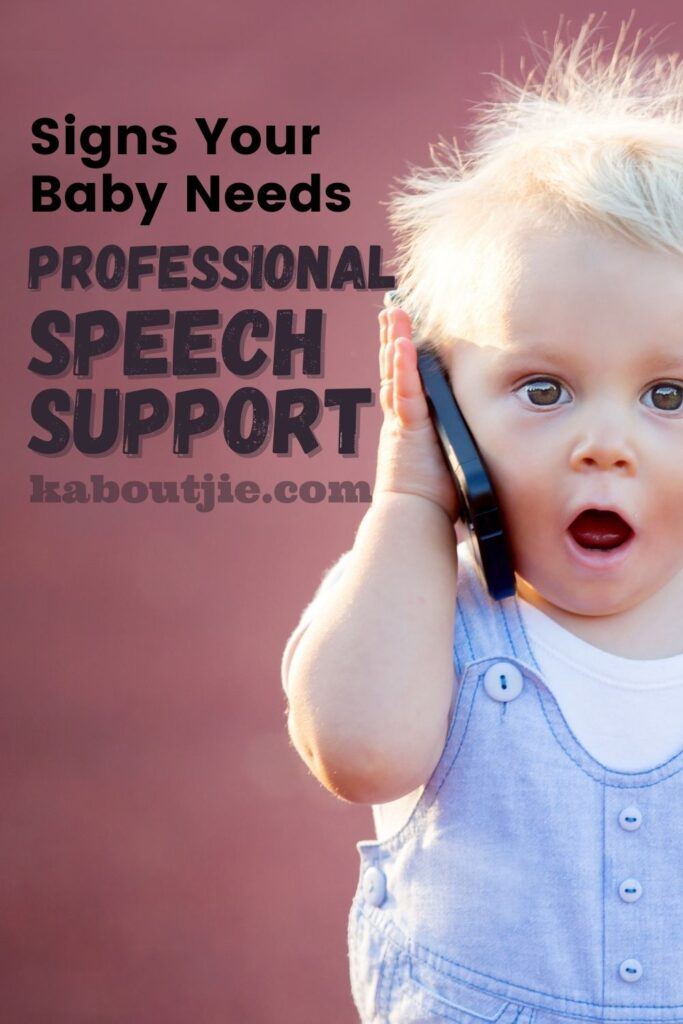Speech is a critical aspect of human nature and is a lot more than just about communication. Speech and hearing are how humans connect and express their thoughts and emotions. It’s one of the reasons why parents eagerly look forward to their baby’s attempts to make sounds and react to stimuli. When parents speak, sing, and read to their babies, they expect to see recognition, cooing, gurgling sounds, and perhaps, laughter. But, if your baby is not displaying signs of reaching their typical milestones, that could indicate needing professional speech support.

Typical Speech Development Babies Display
Although each child develops at their own pace, doctors look for general signs that show that the baby’s speech and hearing are normal. Here are some of the signs you’ll see.
By the age of 3 months
Your baby will smile when they see you and respond by quieting down on hearing your voice. They may stop crying when you talk to them and respond with cooing sounds. Some babies seem to make sounds in response to something you say in an attempt to answer. You might also be able to detect subtle changes in their crying to know what they need, like, for instance, a diaper change or nap.
By the age of 6 months
By 6 months, babies become a lot more responsive and display expressions. They may make different sounds to show they are happy or upset. Kids learn to play by themselves, and you might hear them babbling or gurgling when reaching for toys above their cribs. They’ll also make these sounds when having a conversation with you. Babies love music, and they may enjoy some specific tunes or nursery rhymes you play to keep them entertained. If you notice that these milestones are not occurring, you might want to think about getting an evaluation from a speech therapist. There is no need to go to an office, as online speech therapy sessions are widely available.

By the age of 12 months
Spending time with a 12-month baby is a truly delightful experience. They’ll turn to look when they hear sounds and try to imitate the words and syllables you speak. Expect to hear their first words like, “Dada,” “Mama,” and “Nana.” Later you will notice their ability to identify objects. When you say “Teddy,” your child might look at their stuffed bear. By this age, babies can also understand simple one or two-word instructions. Most kids are crawling, and some could have learned to take a few steps, so when you say, “Come!” they might try to come to you. Gesturing to let you know what they want is another skill they’ll learn before 12 months.
The most critical thing to remember is that every child develops language skills and learns to speak at individual paces. As long as they’re making sounds and responding to you, professional speech support is not needed. You can help the process of learning to speak by encouraging and applauding each attempt. Simple activities like reading, talking, singing, and reciting nursery rhyme sessions make a difference.
 Kaboutjie SA Mommy Blogs by Lynne Huysamen
Kaboutjie SA Mommy Blogs by Lynne Huysamen




